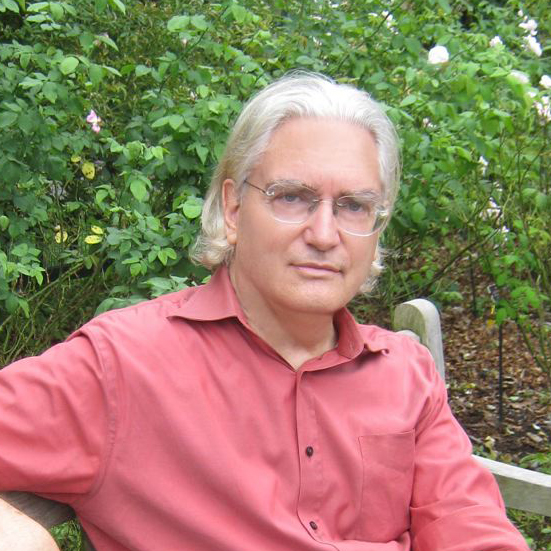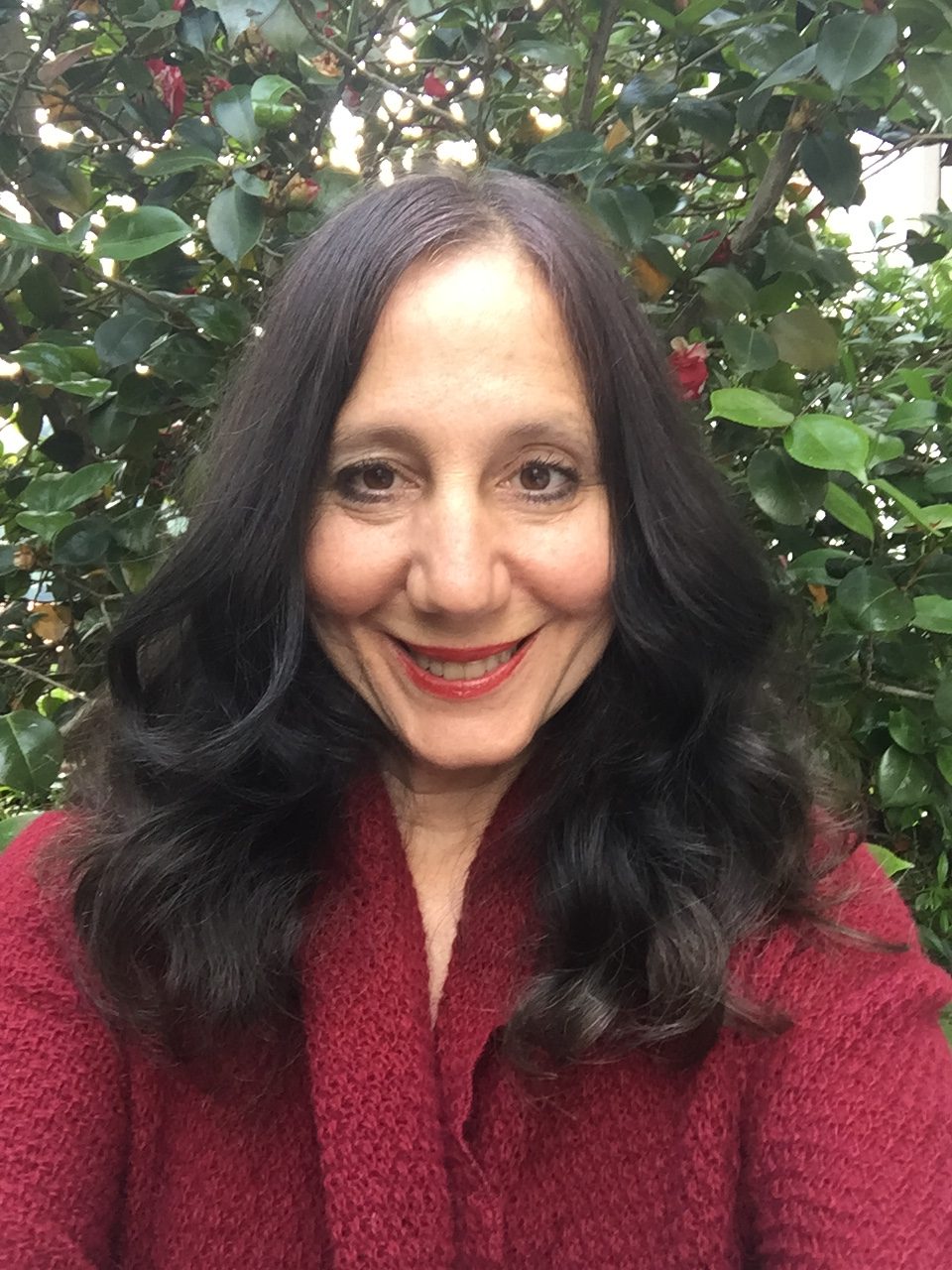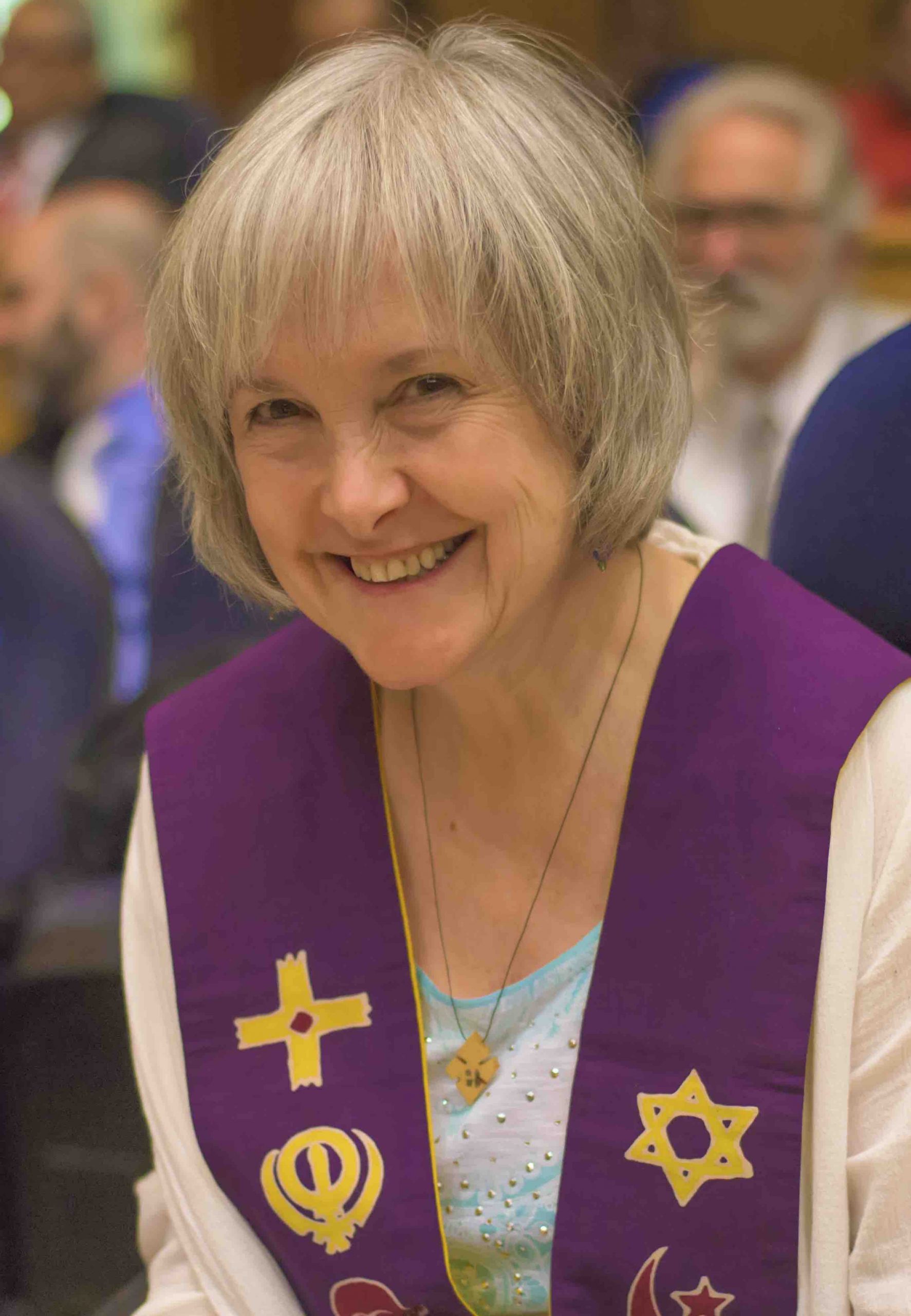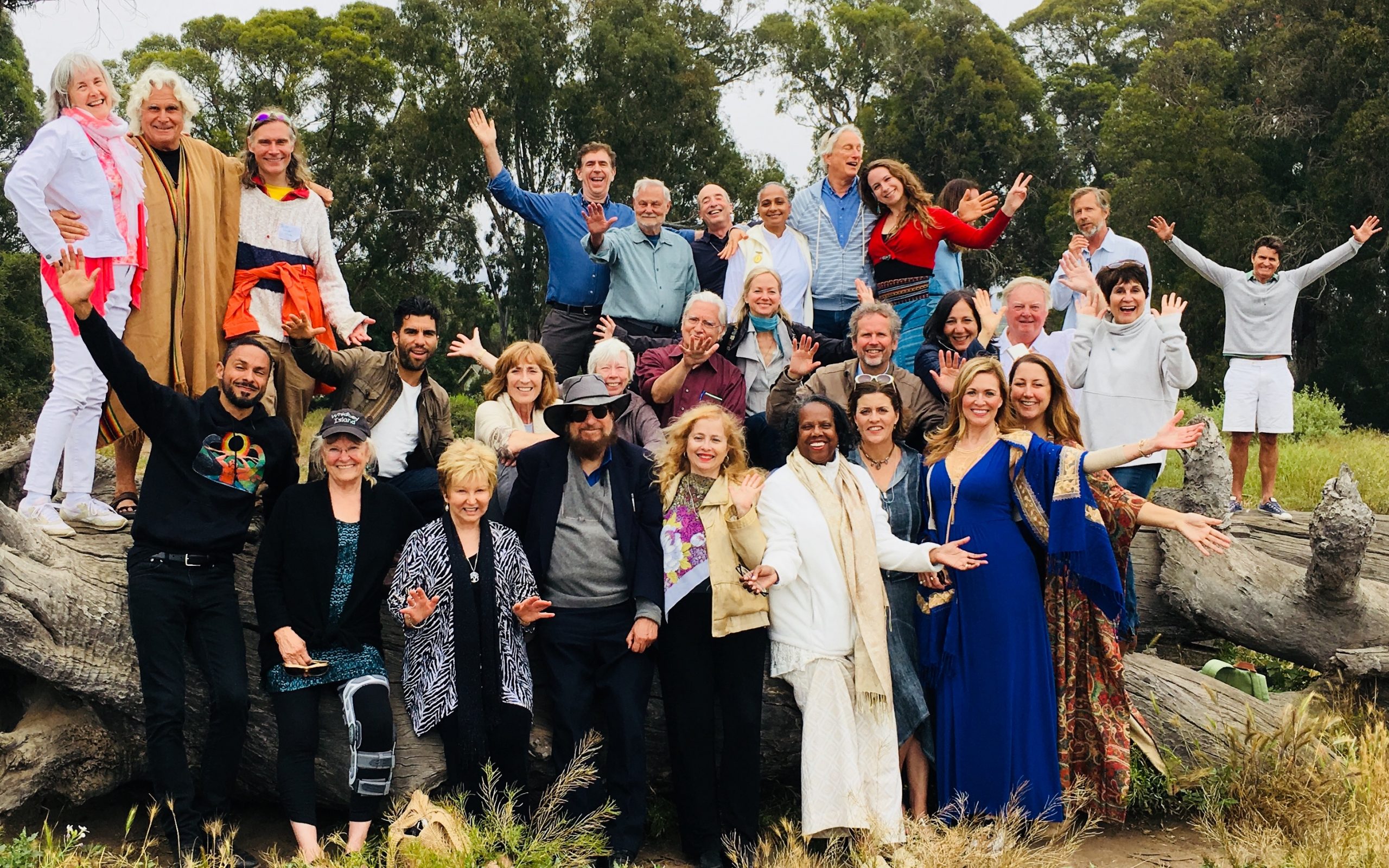
7/31 – Our Moment of Choice: A New Book by The Evolutionary Leaders Community Suggests Integral Solutions for an Integral World
Kurt Johnson Robert Atkinson Diane Marie Williams and Deborah Moldow
Kurt Johnson, Robert Atkinson, Diane Marie Williams and Deborah Moldow




When discussions turn to the multifarious complexities of interconnected challenges and possible solutions, Ken Wilber is well known for sitting back, laughing, and saying “yes, it’s an all-quadrant-phenomenon—all the time!”
By this—in integral terms—he means that we all have our first person, second person, third person, and third person plural experiences of reality going on simultaneously all the time. But, to history’s great detriment, we often don’t distinguish them, and we often mix them up. Integral Theory is one of the world’s important historical attempts to make some order out of this often disadvantageous chaos of human experience.
A quick look at the cover of the Evolutionary Leaders’ new book Our Moment of Choice: Evolutionary Visions and Hope for the Future (from Simon and Schuster/ Beyond Words) shows a mandala-like maze of interconnected circles and hearts embracing the world. Inside, forty-three Evolutionary Leaders—nearly all well known authors, thought leaders and activists in their own right—gather in seven thematic circles to address how multiple complex interconnected crises in our time demand coherent, interconnected solutions.
There is much in common between the contents of this timely book and the landscape of Integral Theory. Knowing the Evolutionary Leaders (“EL’s”), it appears that 70-80% of them are conversant on Integral and Spiral Dynamics (Don Beck himself is a member of the EL’s). Further, quite a number of EL’s are very “integral savvy”. So, we welcome this opportunity to introduce and talk about the book to the wider Integral and Spiral Dynamics communities.
Seven Thematic Circles
The book’s seven thematic circles of discussion, with their chapter-by-chapter “Spotlights” and “Call(s) to Action”, along with the book’s synthesizing Introductions and Epilogues, dramatically parallel the established elements of the Integral landscape.
Whether it be Integral’s “Quadrants” (1st, 2nd & 3rd person experience of reality); “Zones” (inner and outer dimensions); “Types” (masculine-feminine, genotypes, enneagram types, Myers-Briggs types etc.); “Lines” (of intelligence: emotional, intellectual, analytic, psycho-sexual, artistic etc.) or “States and Stages” (dream it/do it, and developmental levels) it’s all there in Our Moment of Choice.
How could it be otherwise when talking about the complexities of interconnected crises and the need for coherent, interconnected, solutions?
So, we want to walk you through a sharing of this book and its seven engaged circles: Bridge Building (connecting peace, spirituality, science and community); Restoring Ecological Balance (connecting the wisdom of indigenous peoples with modern science); Social Change (specifically governance, economics and business); Healing Self and Planet; Integrating Science and Spirituality; New Frontiers (new cutting edges of science and spirit); and The Big Picture (wrapping it all up and tying it together).
We think this can be a significant contribution to all communities who are working toward integral transformative change.
The Vision and Work of The Evolutionary Leaders
When individuals, organizations, communities, and nations unite in a shared sense of responsibility for the common good, their collective efforts have a far greater effect on the whole. The Evolutionary Leaders Circle (www.evolutionaryleaders.net) emerged from such synergistic momentum.
A project of the Source of Synergy Foundation, the Evolutionary Leaders Circle is currently comprised of 186 individuals united by a shared commitment to strategically engage their collective field of potential and synergize with the evolutionary community around the globe to reverse the current course we are on, and to support a shift to our next level of collective evolution. All the contributors to this book are members of this Evolutionary Leaders Circle, who have donated their chapters to co-create a synergistic whole greater than the sum of its parts.

The intention of Our Moment of Choice: Evolutionary Visions and Hope for the Future, is to offer tools, insights, and inspiration to accelerate momentum for the global transformation that is taking place right now.
This global movement built on synergy, collaboration, and conscious living offers great hope that we, and all beings on planet Earth will survive and thrive into the future.
An Excerpt-Journey through Our Moment of Choice
Audrey Kitagawa, Chair of the Parliament of the World’s Religions, writes aptly of this book, in an advance praise note: “This is a book writ large—a beautiful symphonic composition from different eminent authors, who discern the confluence of the great evolutionary flow of human consciousness that is ushering us into the higher realms of global transformation… A revelatory map that charts the course to our collective awakening.” In turn, in their Preface, Rev. Deborah Moldow, Director of the Evolutionary Leaders Circle and Diane Marie Williams, Founder of the Source of Synergy Foundation and initiator of the Evolutionary Leaders Circle with Deepak Chopra say: “This book is about hope. It’s about action. It’s about innovation. It’s about a synergistic convergence of the worldwide network of interconnected humanity ushering in the next level of human consciousness.”
And, Gregg Braden in his Introduction, frames with these words: “We’re being asked to embrace new discoveries revealing who we are—the new human story—and through that new story to radically, and quickly, shift the thinking of the past when it comes to us and our relationship to the world… The key to our moment of choice is simply this: the better we answer this question, the better we know ourselves and the less we fear change in the world. In the absence of fear, we are best equipped to make conscious and informed choices.”
Thus is introduced the ensuing journey through the commentaries of forty-three eminent authors, leaders and activists gathered in seven thematic circles.
In Circle One, “Bridge-Building” (James O’Dea, Rev. Deborah Moldow, David Sloan Wilson, Kurt Johnson, Shilpa Jain and Rev. Michael Bernard Beckwith), James O’Dea begins with unfolding the ‘Great Map of Peace’:
Conscious activism… calls for cultivation of wisdom and passion for engaging the whole person and the whole truth; it is deeply dialogic and informed by the integration of new science and spirituality. It expresses deep ecological and environmental awareness, mobilized by new forms of conscious organizing. It envisions the birth of a new humanity. Our vision of a culture of peace includes… a new generation of mindful, compassionate, and ethically evolved political and social leaders who are integrated visionaries.
James O’Dea, Ch. 1, The Great Map of Peace, p. 9-10.
Scientists David Sloan Wilson and Kurt Johnson follow with a radical “catch-up” of science to the visionary goals of the global transformative community:
A theory that has proven itself within the biological sciences can now be extended to cover all of the fast-paced changes swirling around us (cultural evolution) and within us (our personal evolution). This “extended evolutionary synthesis” does not replace current disciplinary knowledge but does promise to integrate it, just as it integrated all branches of biological knowledge during the twentieth century… Human cultural evolution clearly has a conscious component… In the future, human cultural evolution must become more intentional and directed toward the global good than ever before.
David Sloan Wilson and Kurt Johnson, Ch. 3, Integrating an Evolutionary Vision of the Future with “Hard” Science, p. 19-21.
And, activist Shilpa Jain, Executive Director of YES! brings this wisdom on the dynamics of community:
Jams develop vital skill sets, like practicing self-awareness; listening without taking on and without judging, interpreting, or fixing; sharing from the heart; slowing down during conflict; and participating in appreciative inquiry. Embedded through and bolstered by these structures and skilled practices are life- and world-changing mindsets, such as presence, compassion, generosity, spaciousness, and love. Jams counter the dominating culture of separation, of divide and rule, and instead call forth a culture of interconnection, wholeness and shared, dynamic leadership.
Shilpa Jain, Ch. 4, Jamming: Cultivating Connection, Community, Collaboration, and Co-liberation, p. 27-28.
Hereditary Chief Phil Lane, Jr. joins this discussion, addressing community in Circle Two, “Restoring Ecological Balance” (Duane Elgin, Daniel Christian Wahl, Constance Buffalo, Hereditary Chief Phil Lane, Jr., John Perkins):
Young people are emerging as leaders in every dimension of human and community transformation; this has been long prophesied by indigenous elders. According to these prophesies, their work also signals a global rise of indigenous leadership while we face the growing threat of runaway climate change, loss of biodiversity, and ecosystemic collapse… Indigenous women from every part of the world will be an important part of this global leadership.
Hereditary Chief Phil Lane Jr., Ch. 9, Prophecies, Dynamic Change, and a New Global Civilization, p. 66, 69.
Moving then to Circle Three, “Conscious Enterprise and Social Change” (Steve Farrell, Gino Pastori-Ng, Sarah McCrum, Rinaldo Brutoco, David Gershon), conscious business pioneer Rinaldo Brutoco writes:
Addressing the many challenges of our era, from climate change to income inequality, will require our leaders to increasingly embrace a unique combination of traits that I have come to refer to as being a business warrior monk… [who] shift the consciousness of existing business leadership from predator to steward, because we act differently when we accept we are responsible for the result of our actions…, [and who] practice “servant leadership,” always asking, “How can I serve?”
Rinaldo Brutoco, Ch. 14, The Core Principles of a Business Warrior Monk, p. 103-104, 107.
Circle Four, “Healing Ourselves and the Planet” (Larry and Barbara Dossey, Lori Leyden, Gordon Dveirin and Joan Borysenko, Rev. Sylvia Sumter, Bruce H. Lipton and Deepak Chopra) is a feast of well-known experts. In this Circle, Dr. Chopra writes:
Each of us decides how to relate to reality. In the modern era, society teaches us to relate to reality through scientific, rational, logical means. Nature, including human nature, is thus quantified, measures, mined for data, and arranged through rational explanations. This means the human mind must be the product of the brain, following the basic logic that brain activity can be measured and quantified. Thus, neuroscience claims to be the prime, perhaps the only, way to explain how the human mind works.
Yet this claim runs afoul of the entire subjective world, which obviously exists… This entire realm of human existence cannot turned into data or quantified. You cannot assign a number to an insight, intuition, creative idea, or spiritual experience. The result is a clash of worldviews that runs deeper than the exhausted topic of science versus religion. To chose either the outer, objective world or the inner, subjective realm as dominant squanders any hope of achieving wholeness.
Deepak Chopra, MD, FACP, Ch. 21, Is Wholeness Really a Choice? pp. 157-158.
In Circle Five, “Integrating Science and Spirituality” (Lynne McTaggart, Loch Kelly, J. J. and Desiree Hurtak, Nina Meyerhof, Jude Currivan and Gregg Braden) echoes this call to a holistic future, where Nina Meyerhof writes, addressing Education:
It is imperative that we direct resources to young people and support this with educational experiences and leadership opportunities that promote authentic personal learning while building a climate for respectful communities, common ethics, sustainable practices, peace, and economic opportunities. Our children and youth are poised to be the innovative leaders of building new systems, but we need educational systems to contribute to this focus. We need an open environment of ideas that support a deeper understanding of human evolution.
Nina Meyerhof, Ch. 25, Authentic Education to Awaken, Elevate, and Evolve Consciousness, p. 192.
Circle Six, “New Frontiers Beyond Space and Time” (Eben Alexander III and Karen Newell, Eve Konstantine, Rev. Christian Sorensen, Diane Marie Williams and Claudia Welss) addresses new cutting edges of science and spirit. Here, Claudia Welss, Chair of the Institute of Noetic Sciences, challenges us with these notes:
In the Hyper-Anthropocene age debate, human behavior is likened to a force of nature, having a major negative impact on Earth’s nature functioning. A traditional worldview based on mechanical separation suggests we may now have limited choice in turning things around. But the worldview of an interconnected universe that’s holographic and holonic—with the whole reflected in each part of each whole part of a greater whole– empowers us to see ourselves as not simply dependent on Earth systems but a conscious part of Nature’s organizing principles.”
Claudia Welss, Ch. 32, Humanity’s Change of Heart, p. 241.
The final circle, Circle Seven, “The Big Picture” (Justin Faerman, Jean Houston, Robert Atkinson, Ervin Laszlo, and Barbara Marx Hubbard) includes these poignant summations by iconic writers Jean Houston and Ervin Laszlo:
Worldwide, societies are crying for help with the needed trans- formation of their citizens, organizations, and institutions. We need new ways of looking at leadership, new methods of supporting human beings to serve humanity. In the turmoil of too-rapid change, an extraordinary light has arisen.
Jean Houston, Ch. 34, The Way of the Social Artist, p. 259.
Following a path of both reason and experience will take us down the evolutionary trajectory oriented to feeling, healing, and consciousness. Trends across society’s realms and domains universally are leading us in this direction: social communities and new media platforms are shifting social structures and organization away from top-down forms toward decentralized networks and relations that connect and deeply impact people as more and more people choose cooperative, empathetic leaders and role models.
Ervin Laszlo, Ch. 36, Reasoning and Experiencing Our Way to Oneness, p. 276.
Our Moment of Choice concludes with a poignant and thought-provoking Afterword by evolutionary pioneer Elisabet Sahtouris and then an Epilogue to the thirty-seven chapters by editors Bob Atkinson and Kurt Johnson, who summarize:
It will take more than a handful of committed leaders to bring these visions to fruition. To generate the heart-centered future rooted in caring, respect, compassion, and cooperation that we seek, the entire human family will need to contribute all of our myriad gifts and act in a way that turns these visions into reality. It is up to us all to live remembering all things really are intricately interconnected. This is how we will live into the story of our collective fulfillment.
Robert Atkinson and Kurt Johnson, Epilogue, pp. 294, 297.
Hopefully this journey makes good the comments of bestselling writer Anita Moorjani in her advance praise of the book: “This innovative and revolutionary message of hope and wisdom from many of the greatest visionaries and evolutionary leaders of our times is creating a global movement that will lead us to growth and transformation as we usher in a new earth.”
The Integral Universe
In his most recent book The Religion of Tomorrow, Ken Wilber speaks powerfully to the integral nature of our reality. To paraphrase from his introductions there, which powerfully echo Gregg Braden’s Introduction to Our Moment of Choice, and the book itself:
A single purpose lies at the heart of… awakening to the astounding reality of the true nature of ourselves and the universe. For an integral approach to attract modern men and women, we must incorporate the extraordinary number both scientific and inner truths learned about human nature throughout our shared legacy. Only by a comprehensive integral approach can we avert a possible cultural disaster of unparalleled proportions that is stemming from the utter neglect of the glorious upper reaches of human potential through our materialistic postmodern worldview. Only by discovering this integral worldview will we answer the call for wholeness, inclusiveness, and unity and build a world that is more encompassing, more comprehensive, and more complete.[i]
In offering this overview of Our Moment of Choice: Evolutionary Visions and Hope for the Future to the wider Integral community, we hope to be part of this partnership and co-visioning for the future. Our shared realizations together– of an Integral global vision– are both explicit and implicit: explicit in the sharing of specific analyses, diagnoses and prescriptions from Integral methodology, and implicit in the conjoined world of the heart and consciousness we all share in our vision of hope for the future.
Our thanks to the editors of The Integral Leadership Review for providing us this opportunity for sharing, synergy and co-creation.
[i]Adapted by the authors from sentences in the Introductions to The Religion of Tomorrow.
Kurt Johnson, PhD, (www.unity.earth, www.interspirituaity.com) has worked in professional science and comparative religion over 40 years. A prominent figure on international committees, particularly at the United Nations, he is author of the influential book The Coming Interspiritual Age (2013) and two award-winning books in science: Nabokov’s Blues (2000) and Fine Lines (2015) (Brian Boyd Prize for scholarly writing, 2019). Kurt has served on the faculty of New York’s Interfaith Seminary for 12 years and, for 25 years was associated there with the American Museum of Natural History. He is host for the Convergence radio series on VoiceAmerica, a series featuring global change-makers, and an editor of three magazines: The Convergence, Light on Light, and Conscious Business. Ordained or certified in five religious traditions. Kurt has a PhD in Evolution and Ecology and is author of over 200 scientific articles and seven books. Among many other associations he is a founder of the UN NGO Forum 21 Institute, is President of the Friends of the Institute of Noetic Sciences and a member of the Evolutionary Leaders (www.evolutionaryleaders.net).
Robert Atkinson, PhD, author, educator, and developmental psychologist, is a 2017 Nautilus Book Award winner for The Story of Our Time: From Duality to Interconnectedness to Oneness. He is also the author or co-editor of eight other books, including Our Moment of Choice: Evolutionary Visions and Hope for the Future (2020), Year of Living Deeply: A Memoir of 1969 (2019), Mystic Journey: Getting to the Heart of Your Soul’s Story (2012), and The Gift of Stories (1995). He is professor emeritus at the University of Southern Maine, an internationally recognized authority on life story interviewing, a pioneer in the techniques of personal myth-making, director of Story Commons, founder of One Planet Peace Forum, a member of the Evolutionary Leaders, and deeply committed to assisting the evolution of consciousness toward wholeness and unity. www.robertatkinson.net
Diane Marie Williams is the Founder and President of The Source of Synergy Foundation, and was the Initiator with Deepak Chopra of one of its main projects, The Evolutionary Leaders Circle. In 2004 she initiated the formation of the NGO Committee on Spirituality, Values and Global Concerns (CSVGC) at the United Nations in New York where she served as the first Chairperson. She also served as Co-Chair and Co-Founder of this committee at the United Nations in Geneva where it originated in 2002. She is a founding member of the Council of the Spiritual Caucus at the United Nations in New York. She has won a number of awards including the Spirit of the United Nations Award in 2011 bestowed by the NGO Committee on Spirituality, Values and Global Concerns (NY) and the Golden Rule award in 2010 also at the United Nations. In 1999 she was the receipt of the PEMAC Peace Award, and in January of 2013 she was acknowledged by the Emily Fund for a Better World as one of the Heroes for a Better World.
Rev. Deborah Moldow is an ordained interfaith minister committed to assisting in the transformation of human consciousness. She is the founder of the Garden of Light, providing an online platform for the emerging global spirituality so that this community can become visible as a powerful force in uplifting the human spirit. Deborah is Director of the Evolutionary Leaders circle, a project of the Source of Synergy Foundation that brings together visionaries committed to the acceleration of the conscious evolution of humanity. She is also Vision Keeper at Unity.Earth, co-facilitator of the Conscious Business Synergy Circle, and co-editor of the 2020 book by 43 Evolutionary Leaders, “Our Moment of Choice: Evolutionary Visions and Hope for the Future.” She served for more than 20 years as the Representative to the United Nations of May Peace Prevail on Earth International. Rev. Deborah leads a bi-monthly Spirit Salon at her home in San Miguel de Allende, Mexico.

